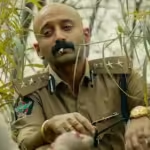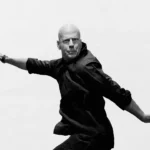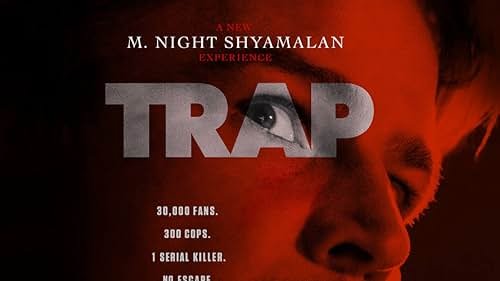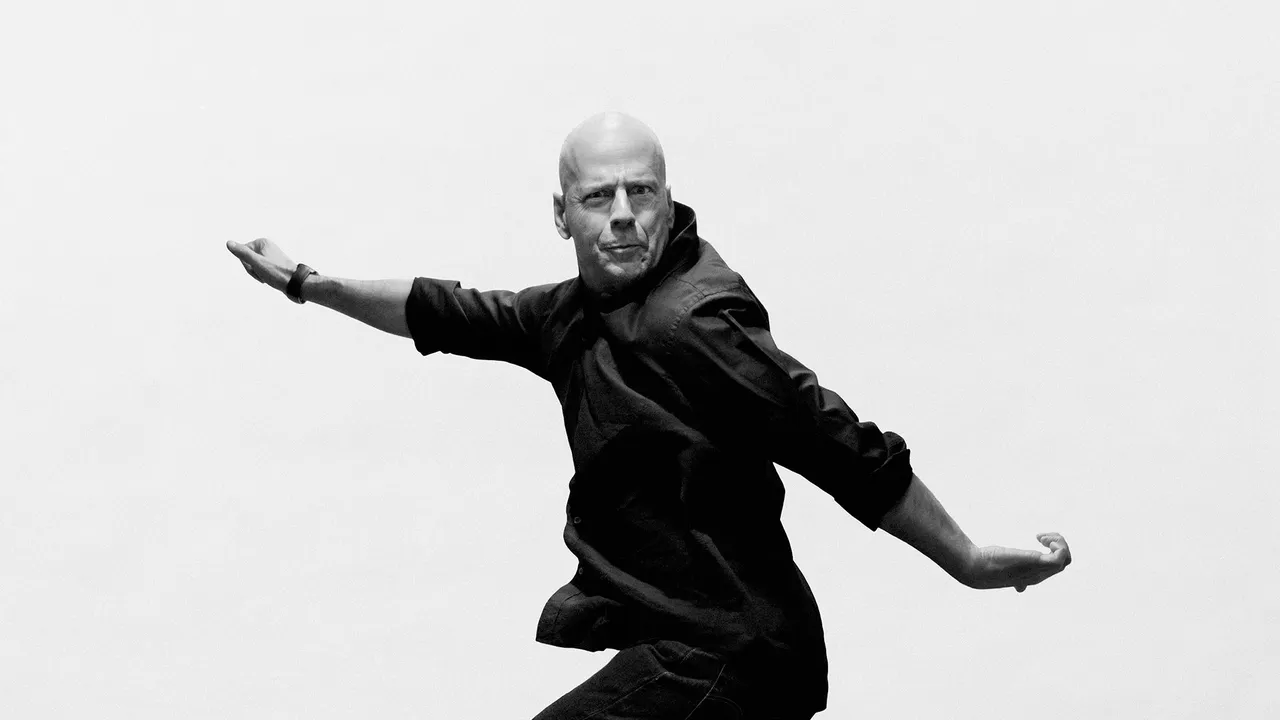Wolf
Stripped however not apprehensive, a young fellow meanders the woodland, snarling in each of the fours. He acts like a monster. As far as he might be concerned, this is certainly not a dramatic activity however the genuine indication of his senses. In Nathalie Biancheri’s unconventional show “Wolf,” he is one in a gathering of youngsters persuaded their delicate human bodies don’t relate with their creature characters. Their condition, depicted as “species dysphoria,” shuns them from society.
For Jacob (George MacKay), the wolf being referred to, being conceded into an office where those burdened get remedial treatment is a last outskirts between satisfying his folks’ desire for business as usual or going crazy without thinking twice.
Jacob ventures into a pack of individual patients and meets among a few others, Rufus (Fionn O’Shea), who considers himself an adorable German Shepherd, and old flame Wildcat (Lily-Rose Depp), a long house-prepared occupant under the thumb of a key staff part. Some of them struggle with changing, and get “prop honors” to wear outfits that carry them nearer to their ideal structure. Notwithstanding what it involves, the arrangement is never played for snickers, yet all at once the inverse. Their urgency has a profound bitterness.
However, for as much essayist/chief Biancheri siphons abundant thoughts into this idea, the grave tone and absence of topical center delivers the exhausted excursion disappointing. A reason like this would have been more successful had it been executed with the sharpness of somebody like chief Yorgos Lanthimos, in which the reason could unfurl as ironical discourse as opposed to direct outrage.
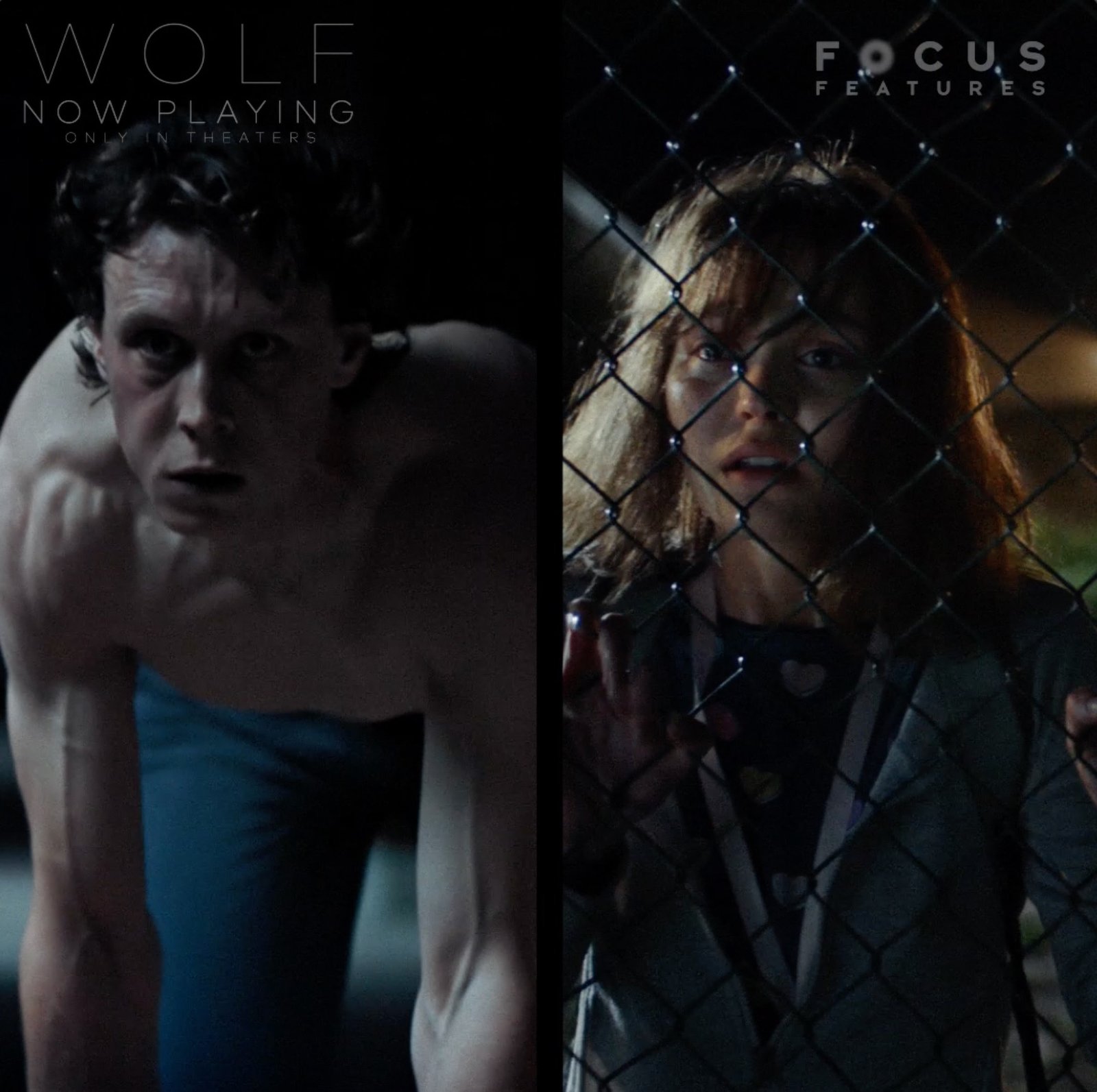
In any case, the way things are, there’s prominent worth toward her of a cast that heads alongside the semi peculiar reason without falling into cartoon. The troupe’s commitment to the creature directs and sounds, to the disservice of their characters’ emotional well-being in this fierce climate, evokes in one an unequivocally awkward response.
Absolutely dedicated to the part, MacKay is the film’s most retaining resource; his wild genuineness persuades us that Jacob harbors no uncertainty about his most satisfying state. What’s more, when at last before a genuine wolf, he appears calm. As they yell together, a short lived feeling of acknowledgment is ignited. MacKay’s unmannered crude turn drives forward in holding our tried consideration in the midst of the generally heedless plot.
MacKay gazes at his buddies in torment with a tangled look, half sympathy and half pity. He is ceaselessly apathetic. Jacob invests legit energy into attempting to change for his bipedal family, yet as the torture builds the less he can contain his reality — one he felt since the beginning.

It’s in his sentiment with Wildcat, played capably by Depp as somebody unmitigatedly claiming to experience the ill effects of similar ills as the others to have a place, that Michal Dymek’s cinematography is the most in a state of harmony with the substance. As Wolf and Wildcat bother each other with energetic forcefulness, the liquid shots copy the suddenness of their development, changing in speed and closeness.
Helpfully, none of the animals these children decide to copy are livestock raised for human utilization. No cows, chickens, or pigs are among them. Rather just pets, wild animals, and a pony contain the primary cast. Since the film endeavors to draw matches associating this fiction to harsh shows material to issues nearer to our normal reality, taking into account current human’s carnivore propensities according to these youths appears to be a conspicuous passage point into speciesism.
